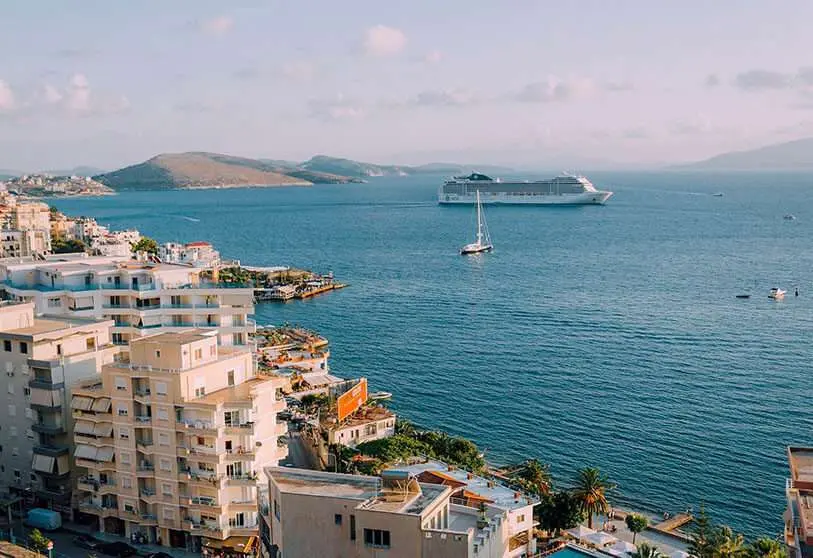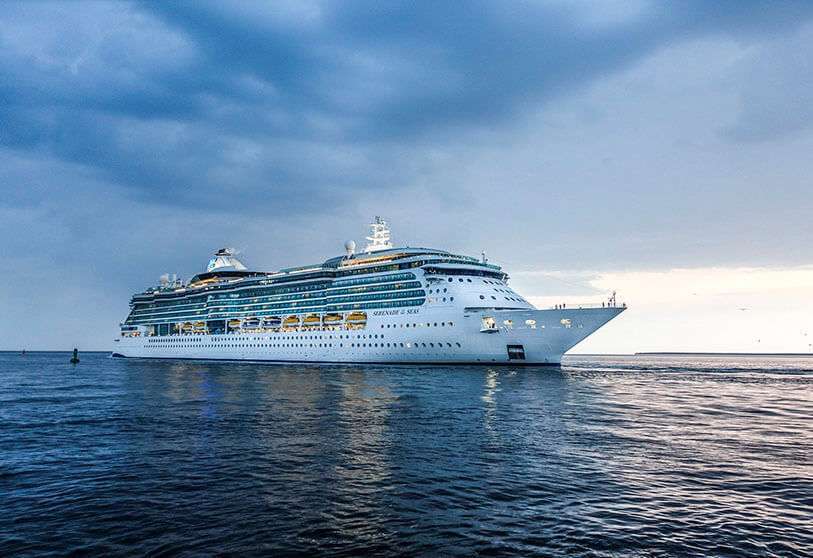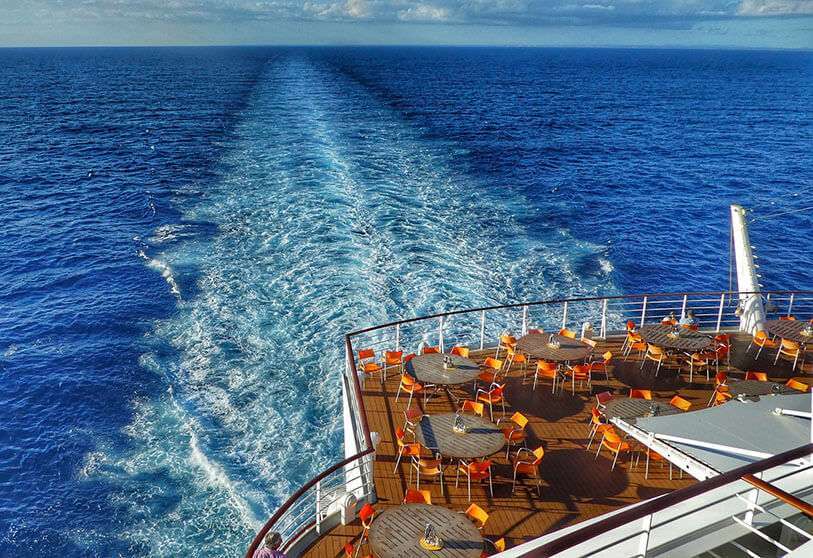Mediterranean cruises: emerging from the pandemic

The cruise industry has also been significantly affected by the negative consequences of the COVID-19 pandemic. Cruises have been evolving in recent years, adapting to demand, from the concept of mere maritime transport to a tourist leisure approach. It is a complete product, with a variety of destinations, good value for money, which offers experiences and emotions for all ages and also generates direct and indirect employment, as it involves ships, ports, travel agencies, suppliers and the supply chain of associated goods and services.
Cruise tourism has been one of the fastest growing segments of the international tourism market in recent years, also in the Mediterranean, with a 20.5% increase in demand since 2016. In 2019, 29 million people took a cruise.
On the other hand, as destinations grow, this industry also exemplifies globalisation. With multinational clientele and crew, and a level of independence from communities and nations never seen before, its development has important economic, legal, environmental and social implications.
The Mediterranean is the world's second largest cruise destination, but could overtake the Caribbean, which is currently number one, because of its excellent weather conditions and the attraction of its diversity of cultures, diet and history. The cruise season is longer and has differentiated itineraries. That is why the major international companies know that this sea offers enormous room for growth.

The Mediterranean Sea has 45,000 km of coastline, of which 19,000 km represent island coasts, supports 30% of the world's maritime trade by volume; it is a transit route for 25% of the world's maritime oil traffic, and is home to more than 450 ports and terminals. With more than 150 ports on the Mediterranean shores, there are some 70 operators. However, not all ports enjoy the same privileges. The main port is still Barcelona, which is the hub for all the cruises in the Western Mediterranean.
The cruise battle is won on land and the major Mediterranean ports continue to develop new platforms and large maritime terminals with investments in millions of euros in order to attract millions of passengers and offer differentiated products. This is a real financial gain for the local economy. A flotilla of cruise ships lining up in the port also makes the city more attractive.
This industry is a great source of wealth, but it faces an essential challenge for sustainable development because it has a very high environmental impact. A recent report indicates that the pollution generated by cruise ships in the ports where they dock is equivalent to five times the total number of vehicles circulating in their territory. This is why it is urgent to promote alternatives such as the manufacture of electric cruise ships.
Besides, it is an industry 80% controlled by four large groups centred on a few ports with a high impact. At the Mediterranean level, it is important to extend the offer to other small port cities to help structure the territory, thus widening the offer.

High costs are other challenges that the industry has to face: the construction of the ship, a qualified crew, adequate safety standards, dealing with political instability, the behaviour of the price of oil, ... All of these factors have an impact on the development of the sector.
The traditional conception of cruising is as a holiday mode reserved for segments with purchasing power. But the spectacular growth experienced by cruises in the Mediterranean shows us the way to win the bet to promote a society and a common way of life at a global level. Each destination has had its own priorities and strategies so far, but from now on we should all work together with a single objective to promote the region. We must focus on creating a common brand that promotes complementary offerings rather than competition between destinations. Other world regions have already done this by opting for joint promotion and a common brand, as in the case of the Caribbean Tourism Organization, in which 33 countries participate.
At this time of reflection imposed by the pandemic, new approaches are needed. Investment must be made in the development of a common tourism brand that reinforces the classic attributes of the Mediterranean among consumers, especially those in distant source markets. The different Mediterranean bodies must promote a new framework of cooperation and joint projects for a new Mediterranean alliance, which is key to strengthening the tourism industry's leadership and thus achieving the top position in the cruise sector worldwide.
Anwar Zibaoui, ASCAME General Coordinator.

